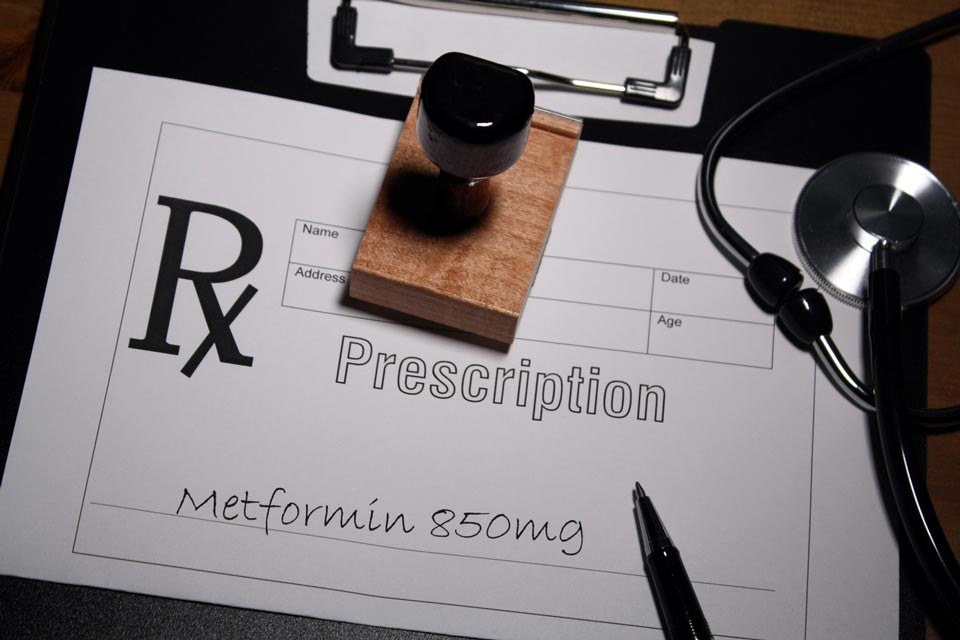Conventional Treatment Options For Diabetes And Insulin Resistance

Increased exercise and dietary improvements (especially reducing dietary carbohydrate intake) can help with weight loss. Experts suggest losing 2-7% of body weight can be enough to achieve normal blood glucose levels. Both of these lifestyle changes can also help break the detrimental metabolic cycle of diabetes by: 30
- Lowering glucose levels.
- Improving hormonal balance.
Early diagnosis is also important for long-term success in managing diabetes. That's because metabolic imbalances are usually less acute and blood glucose levels lower. Less severe symptoms are easier to stabilize. 30
Medication options include: 115, 116
CONVENTIONAL DRUGS TO TREAT DIABETES |
|
|---|---|
AGENT |
WHAT IT DOES |
| Amylin Agonists (e.g., pramlintide) |
Question: How do amylin agonist diabetes drugs work? Answer: Diabetes drugs like pramlintide inhibit glucose production by slowing how fast the stomach empties. |
| Dipeptidyl Peptidase 4 Inhibitors (DPP-4 inhibitors, also known as gliptides) |
Question: How do gliptides work? Answer: Gliptides can help people with diabetes by:
|
| Glucagon-Like Peptide 1 Agonists (GLP-1 agonists e.g., exenatide and Trulicity®) |
Question: How do GLP-1 agonists work? Answer: Diabetes drugs like Trulicity® have the following effects:
|
| Insulin |
Question: How does insulin work? Answer: Insulin rapidly lowers blood glucose levels and there is no maximum dosage, but it can cause weight gain. |
| Metformin |
Question: How does metformin treat diabetes? Answer: Metformin has the following effects:
|
| Sulfonylureas and Glinides |
Question: How do sulfonylurea and glinide drugs help treat diabetes? Answer: Sulfonylureas and glinides have the following effects:
|
| Thiazolidinediones (e.g., rosiglitazone and pioglitazone) |
Question: How do thiazolidinedione drugs help treat diabetes? Answer: Rosiglitazone and pioglitazone have the following effects:
|
| Alpha-Glucosidase Inhibitors (starch blockers) |
Question: How do starch blockers help treat diabetes? Answer: Starch blockers have the following effects:
|
